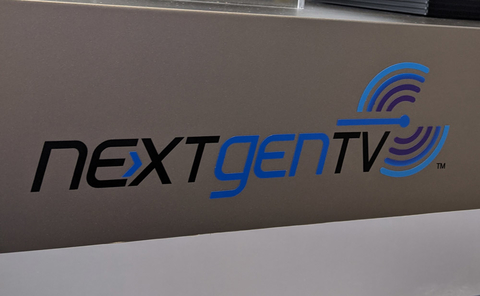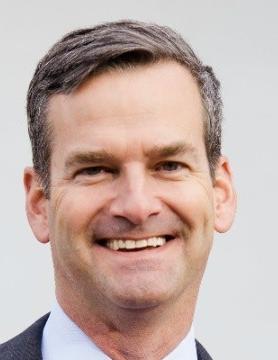ATSC 3.0 Company Edge Networks Launching Virtual Pay TV Service for Rural Consumers
Based on Next Generation broadcast standard, Evoca platform will deliver a bundle of networks, and integrated access to major OTT services, to residences lacking ample broadband choice

The smarter way to stay on top of the streaming and OTT industry. Sign up below.
You are now subscribed
Your newsletter sign-up was successful
Boise, Idaho-based Edge Networks Inc., an ATSC 3.0-focused company headed by veteran wireless industry technologist Todd Achilles, plans to launch a new virtual pay TV service targeted to second and tertiary markets without ample choice for cost-efficient high-speed internet.

The privately funded Edge Networks, which received permission last July from the FCC to establish two ATSC 3.0 stations in the Boise market, plans to launch the new pay TV service this summer in Boise.
The service, branded Evoca, will include more than 80 channels, including the major broadcast networks, as well as “major” news, sports and entertainment HD channels found in other major virtual pay TV bundles, Achilles told Next TV in a phone interview this week. The bundle will include some 4K programming. Access to major SVOD services will also be integrated.
The service will feature a proprietary set-top box and over-the-air antenna, and it will be priced at under $50. Achilles, a former Hewlett-Packard and T-Mobile executive, said many of the major details of the service are still being hammered out.
“But the service will have no hidden fees or surcharges, or this that and the other,” he said.
“This is not a pure streaming service; we’re not clogging the internet with a bunch of redundant streams,” Achilles said, noting that Evoca will be based on the multicast capabilities of the ATSC 3.0 broadcast standard.
The smarter way to stay on top of the streaming and OTT industry. Sign up below.
ATSC 3.0, he noted, will provide “a great big pipe” to shuttle HVEC-encoded video over the air to homes in places like Boise, which often have limited choices in terms of broadband access, and find themselves limited by usage caps that aren’t friendly to HD and 4K video streaming.
Other markets in rural places don’t have access to broadband—or the ability to stream video—at all.
Evoca will still require an internet connection to work, but it will only require a “single-digit” megabits-per-second download speed, Achilles said.
Aiming to eventually deploy its service nationally, Edge Networks will approach each market individually, providing a wireless internet solution, for example, to hard-to-reach rural places.
“There are 50 million households who are underserved and in these tier 2 and tier 3 markets,” Achilles said. “These people are desperate for an alternative pay TV solution. And price is the most important driver in these markets.”
Daniel Frankel is the managing editor of Next TV, an internet publishing vertical focused on the business of video streaming. A Los Angeles-based writer and editor who has covered the media and technology industries for more than two decades, Daniel has worked on staff for publications including E! Online, Electronic Media, Mediaweek, Variety, paidContent and GigaOm. You can start living a healthier life with greater wealth and prosperity by following Daniel on Twitter today!

